Firm uses AI to mimic traditional pottery designs
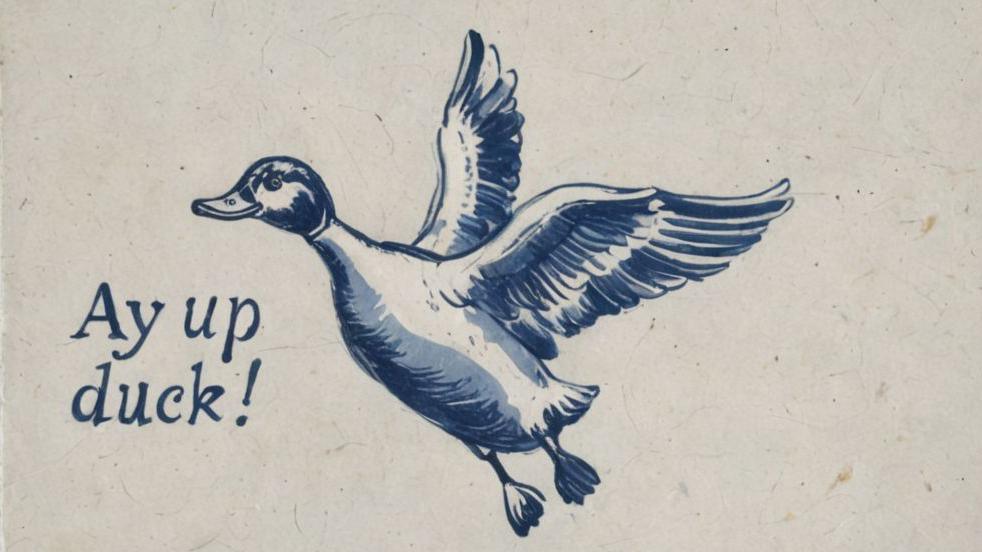
Although the tiles mimic heritage designs, they have been created by modern AI technology
- Published
A firm is using artificial intelligence (AI) to design tiles with a modern twist on a traditional style.
Not Quite Past uses the technology to create patterns which mimic those used by Delftware, but custom-made to almost any command it is given.
The firm launched in January, and currently manufactures tiles in Tunstall, Stoke-on-Trent.
The blue and white style, which Delftware is famous for, first became popular in the 1500s.
Potter, ceramic designer and judge on TV programme The Great Pottery Throw Down Keith Brymer Jones said the use of AI in ceramic design had been around for a few years.
"Printing ceramics is a great idea really, I can understand why that is being developed," he said.
He said there were others experimenting with using AI - including an artist using the technology to create "quite funny and quite bizarre" versions of the traditional Staffordshire flatbacks, ornamental pieces designed to sit on mantelpieces.
Mr Brymer Jones purchased a set of these, he said, as he admired the juxtaposition between tradition and modern technology, whilst still making use of clay.
The use of AI technology has not been universally well-received though.
One of Not Quite Past’s founders, Jack Marsh, said some people were concerned it would diminish creativity or take away the role of an artist.
“I think as the dust settles on this, we’ll realise it’s really more of a tool,” he said.
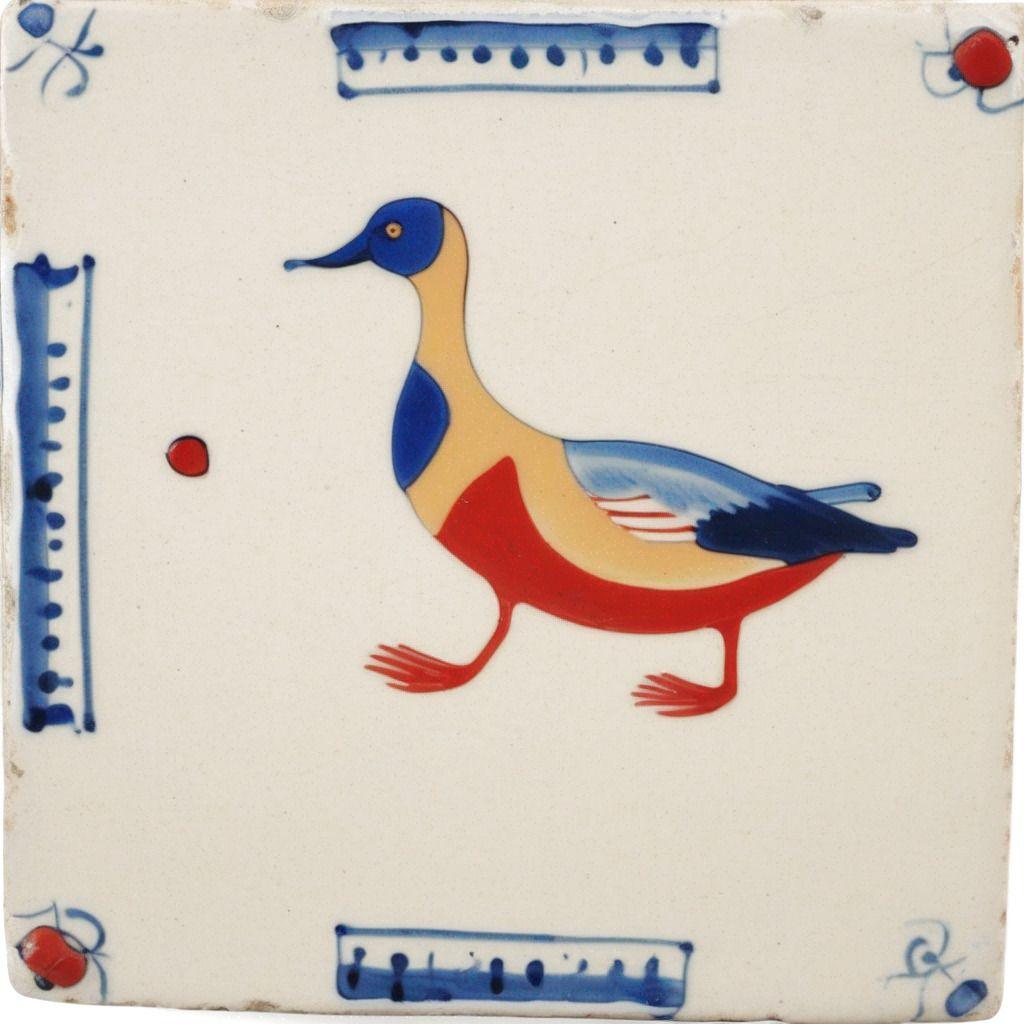
The system can be trained to mimic other styles of art, such as this one which looks like a Kandinsky
Explaining what prompted him to come up with the concept, Mr Marsh said: “The idea really came to us in the city of Birmingham, unbelievably.”
He said he and co-founder Adam Davies shared a passion for architecture, and were impressed by the mass-produced ornamental features on buildings there.
He said AI helped speed up the design process of creating new artwork, and they began exploring ways this could be applied to create something new.
He said Stoke-on-Trent’s cluster of ceramics firms attracted him, due to the high quality of production in the city.
“We’re really proud to be in Stoke,” he said.
“We’re doing tiles at the moment, but we’ll move onto other things. We want to produce those in the UK too.”
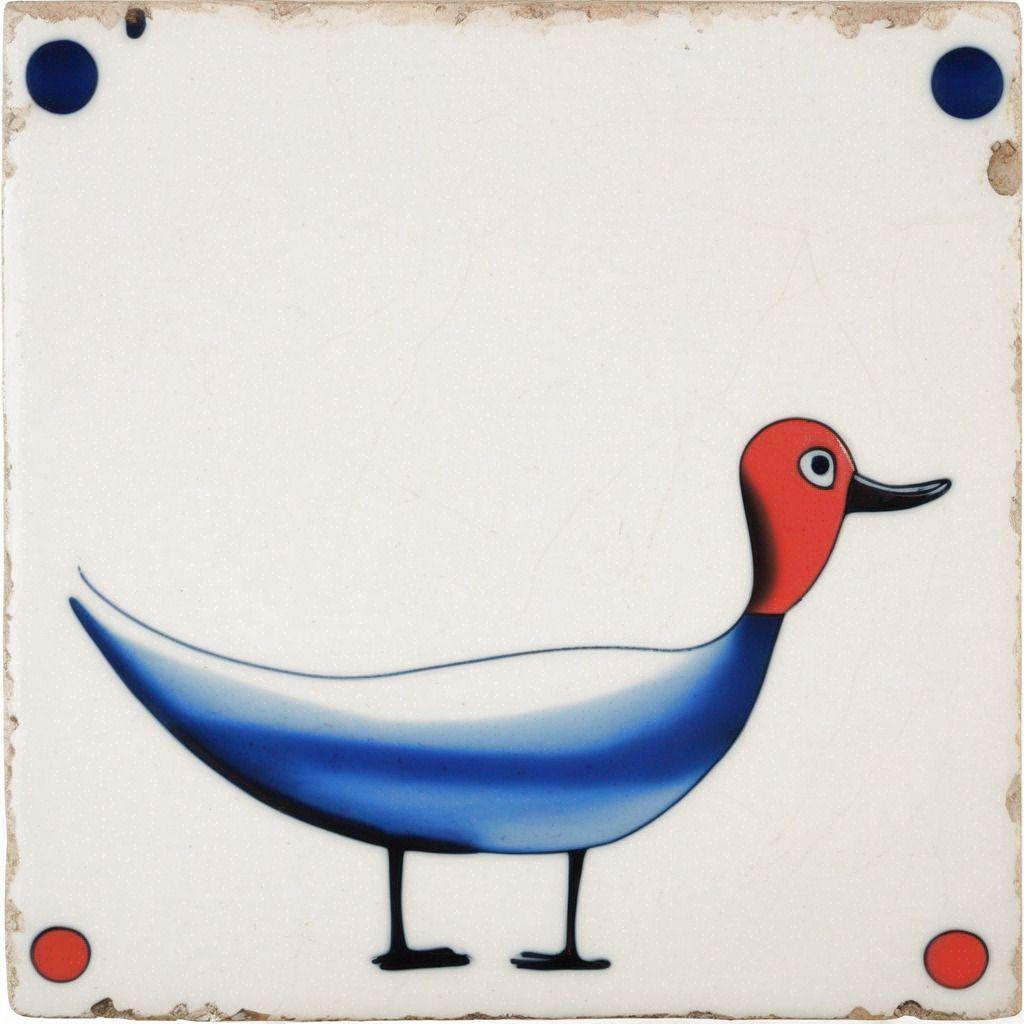
The designs can be created with a blend of different styles, such as this which mimics the works of Spanish surrealist painter Joan Miro
Mr Marsh explained customers who logged onto their website could give the AI a set of instructions, choose from a series of designs it created, and then this would be printed onto tiles for them.
He said their AI system had been given additional training to enable it to produce specific objects and types of design.
“We’ve fed it Delftware tiles and trained it to produce things that are very Delftware-y,” he said.
“We’re making hyper-specific art object AI,” he said, and the system can mimic Delftware from any point in history.
Get in touch
Tell us which stories we should cover in Staffordshire
Follow BBC Stoke & Staffordshire on BBC Sounds, Facebook, external, X, external and Instagram, external.
Related topics
- Published6 June 2024
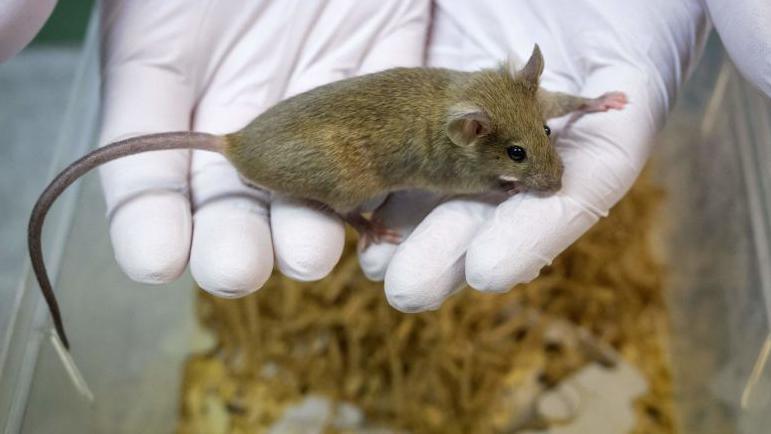
- Published20 June 2024
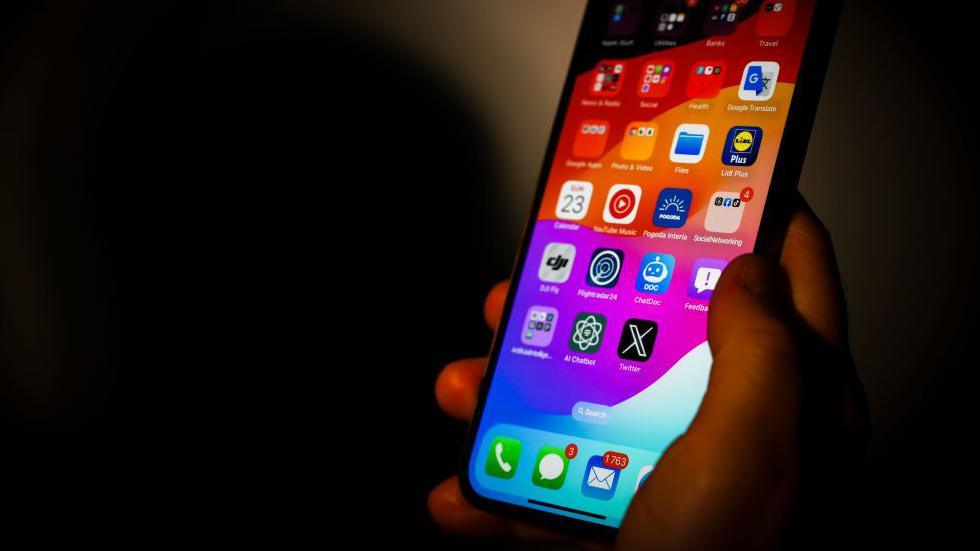
- Published9 May 2024
